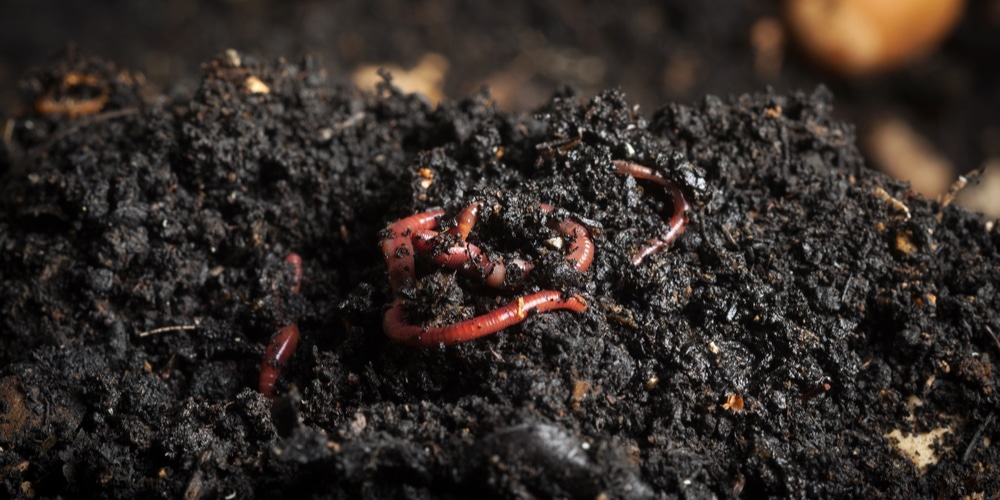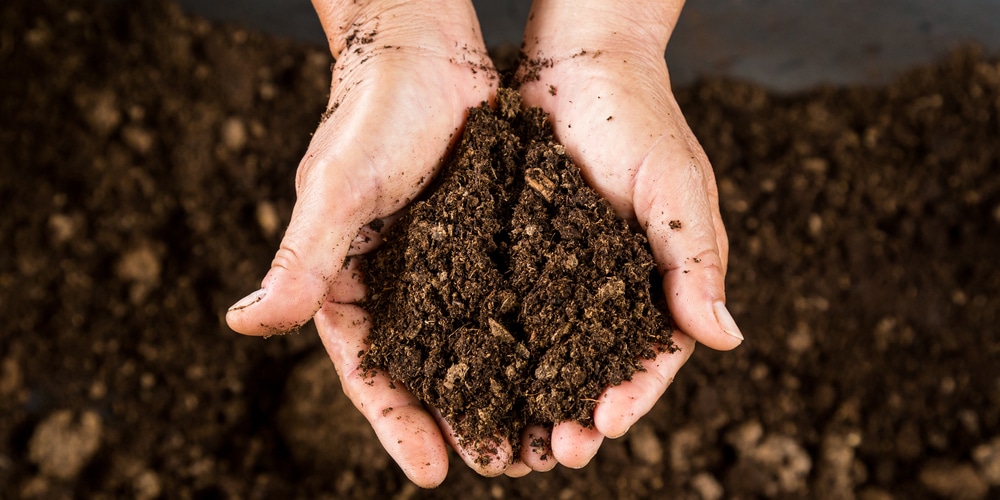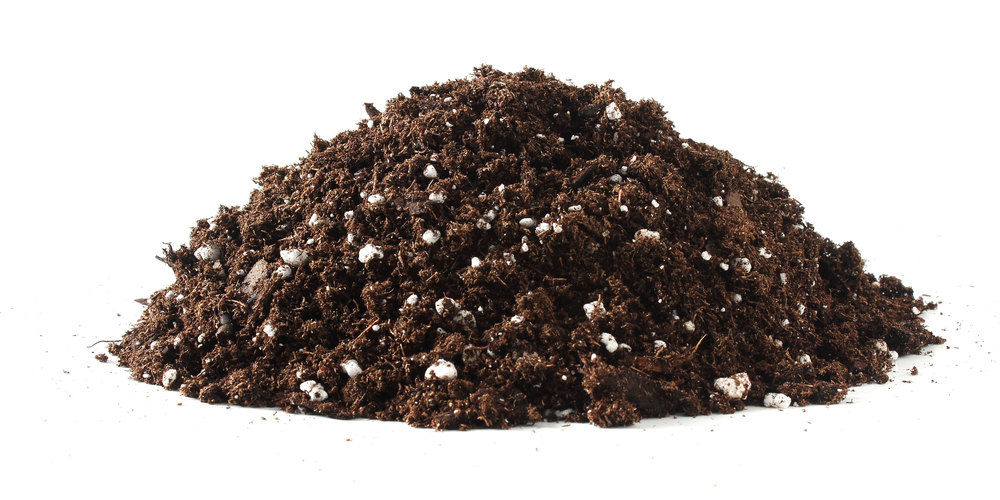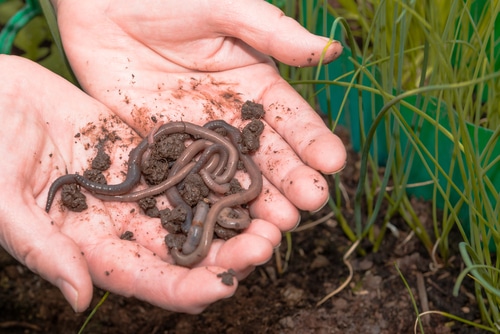Organic solutions are excellent options to increase the health of your garden. There are many ways to add nutrition to your plants, but one of the most effective ones is using worm castings.

As nature teaches us, earthworms are essential to the well-being of the vegetation that surrounds us. They are crucial elements in the “circle of life” as they break down organic matter and convert it into essential nutrients that plants use to develop healthy roots and grow.
Besides that, worms also release waste (castings) that increase the nutrient content of the soil and promote healthy plant growth. But how can you use worm castings?
And why should you? And how many worm castings should you use per gallon of soil? Keep reading this essential guide we put together for you to get answers to these questions and clear all of your doubts!
What Are Worm Castings?

Worm castings are nothing more than earthworms’ poop. Because of its richness in nutrients, such an element is precious for growing plants: it will boost blooming and contribute to overall better plant health.
And if you have compost bins, you’ll have no issues collecting castings. Alternatively, you can also buy them at your favorite gardening store, as you would with manure.
Worm castings look like coffee grounds and are rich in nitrogen, potassium, and phosphorous. Besides, they contain plenty of zinc, manganese, cobalt, iron, and copper, which all plants need to develop healthy roots and grow well. While store-bought fertilizers may harm your plants (due to their chemical contents), this natural organic solution is a blessing to them.
You can apply worm castings using two methods. Many people like to mix it into the dry soil, which is a cost-effective and easy solution. Others prefer to compost it and add it as a root drench.
Why Should You Use Worm Castings On Your Plants?
Warm castings bring plenty of benefits to your plants. As we mentioned in the previous section, they contain plenty of nutrients and minerals. However, while they are an excellent source of nutrition, they are not a complete fertilizer, meaning you’ll have to add other amendments if you want to take a plant from seed to harvest.
Still, you can use worm castings on your plants to boost the growth of your plants, increase water retention, keep pests and weeds at bay, get more yields, and improve the soil aeration. Additionally, worm castings have high humus levels, which can remove harmful toxins and fungi from the soil, preventing your plants from getting diseases or illnesses.
Worm castings might be challenging to find. However, if you don’t see it at your favorite store, you can look for it online: there are plenty of options on the internet!
How Much Worm Castings Per Gallon of Soil
Telling you how many worm castings per gallon of soil you should use is a challenging task. After all, the amount you need to use depends on the conditions of your substrate (and what other products you may be using).
If you are not applying anything to your soil, you can safely use about 4 pounds of worm castings for each gallon of soil. Or, to put it better, 50 pounds of castings for every 100 pounds of substrate.
If you don’t want to do the calculation and prefer adding castings as an occasional treat to your plants, you can also sprinkle it around your plants now and then. Don’t forget to keep your plants moist to increase absorption and get better results.
To make your life easier yourself, you can also use 1 cup of castings for every cup of potting soil. If you want to plant shrubs or trees, you can add castings to boost their root development. But remember to mix them with the dirt around your plants to avoid creating a barrier to the plant’s roots.
Alternatively, you can use worm casting tea. While both methods will more or less give you the same results, this one will accomplish its goals faster.
However, it will take you more time to prepare it. Luckily, the process isn’t particularly challenging. Allow the castings to compost for about a week.
Then, let half a cup of castings soak in 2 gallons of water for about 24 hours. After that, apply it directly to your plants: it will increase the available nutrient content and moisturize your plants.
Related Article: Are Earthworms Good For Potted Plants?

